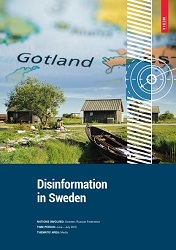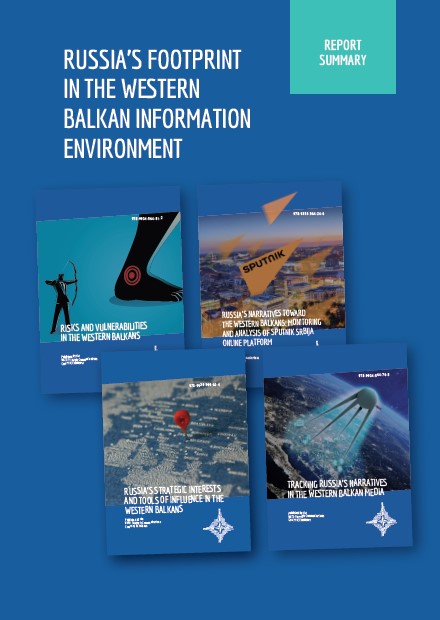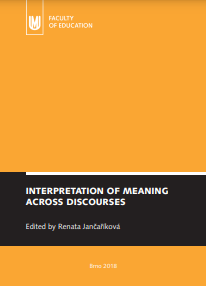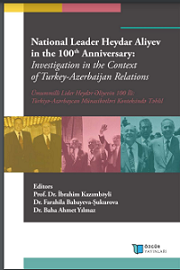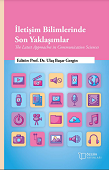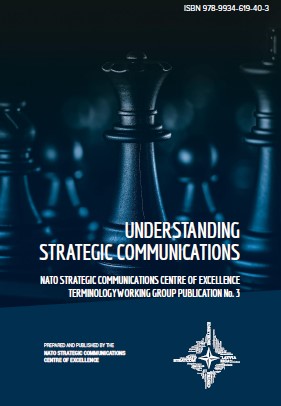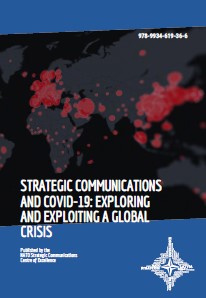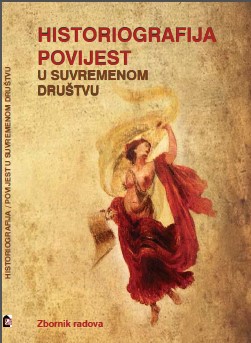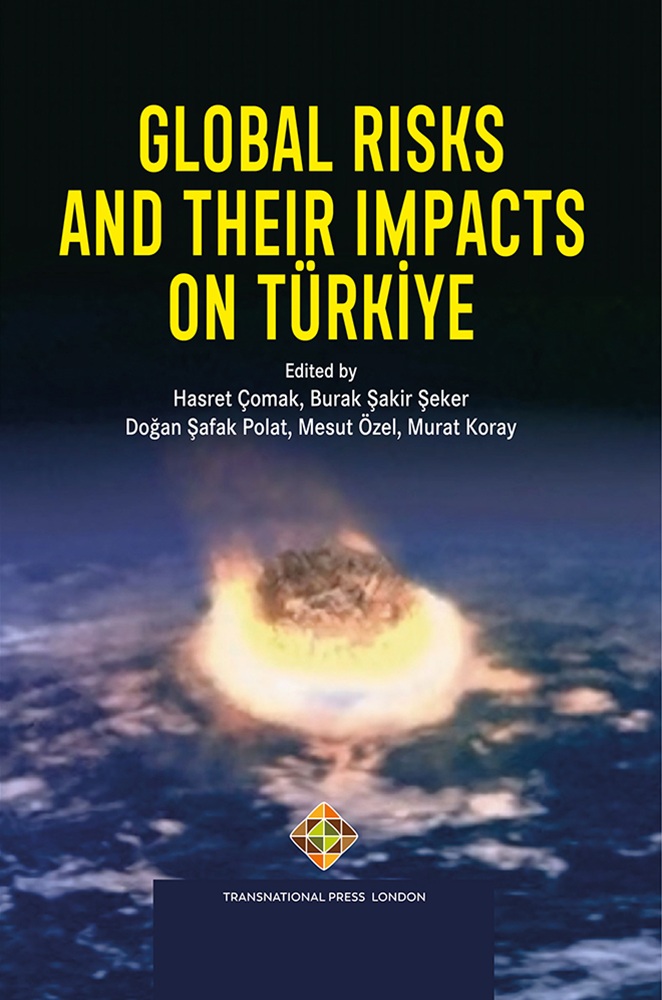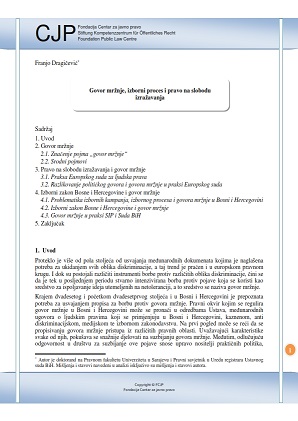
Govor mržnje, izborni proces i pravo na slobodu izražavanja
The author analyses the use of hate speech in the election process from the aspect of the right to freedom of expression in order to contribute to the understanding of this topic and to point to potential inconsistencies in the legislation and its practice. The review of the relevant provisions of the Election Law of Bosnia and Herzegovina, as well as the practice of the European Court of Human Rights, Central Election Commission BiH, Court of BiH and the Constitutional Court of BiH, strives to answer the question of whether the provisions of the election legislation are providing the adequate action against hate speech as the legitimate aim for interference in the right to freedom of expression. The analysis shows that forbidden expression in the Election Law is narrowly defined compared to the concept of hate speech that is commonly used, and that the prohibited expression should be more adequate and precise if it intends to achieve a clear goal, i.e. a prevention of hate speech in the election process. Therefore, the author considers that the balance between hate speech and the right to freedom of expression is shifted in favor of freedom of expression, so it is necessary to re-establish the balance between the social need to suppress hate speech and the right to freedom of expression by using systematic legal interventions.
More...
